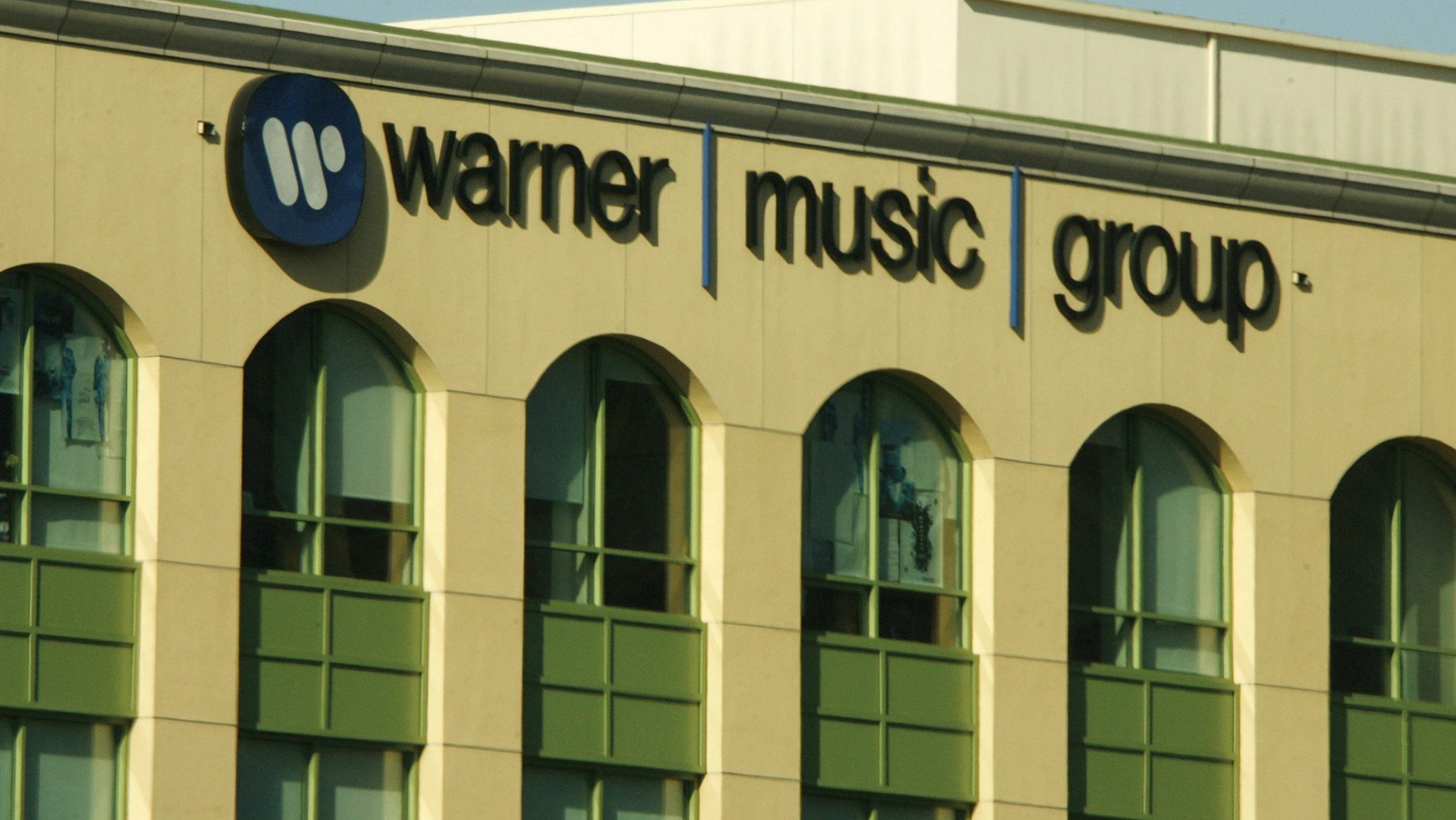One of music’s Big Three has bought a top African digital music distributor
Warner Music Group (WMG) has bought a majority stake in Africori, a leading African digital music distribution, music rights management, and artist development company, in a move that could make Warner the top music distributor in Africa, opening up more opportunities for African artists to tap into the global market.


Warner Music Group (WMG) has bought a majority stake in Africori, a leading African digital music distribution, music rights management, and artist development company, in a move that could make Warner the top music distributor in Africa, opening up more opportunities for African artists to tap into the global market.
WMG first purchased a stake in Africori in 2020, gaining access to the distributor’s vast catalog, artist and repertoire network, enabling the global record label to establish a presence in many African markets.
Founded in 2009 by Yoel Kenan, Africori works with independent African artists and labels from the continent and its diaspora. The company handles distribution, music rights management, and artist development for 7,000 artists, including Kenyan stars Nyashinski and Bensoul, and South Africa’s Sho Madjozi and Master KG of the 2020 global hit “Jerusalema.”
“With Master KG, we worked closely with the Africori team to take a local hit and connect it with people around the world,” Temi Adeniji, the managing director for WMG’s African affiliate, Warner Music South Africa, said in a statement announcing the deal. “This new deal positions us as Africa’s leading distributor and I’m confident that in joining forces, Warner Music South Africa will be in a great position to deliver more wins like ‘Jerusalema’ in the future.”
Africori, which has offices in Johannesburg, London, and Lagos, will continue to operate as an independent company, with founder and CEO Yoel Kenan remaining in his role.
Africa’s music industry is on a global rise
Boosted by a youthful population, great musical talent, and increasing streaming opportunities, Africa’s music industry is on the rise globally. Global interest in African music has been driven by platforms such as YouTube, SoundCloud, and Twitter, making continental sounds like west Africa’s afrobeats and South Africa’s amapiano become popular worldwide.
Also looking to cash in from the growth of Africa’s music industry are homegrown streaming apps like Boomplay and Mdundo and international ones such as Spotify and Apple Music.
WMG’s move follows the record label’s announcement of a 360 partnership with Tanzanian artist Diamond Platnumz and his record label, WCB-Wasafi, last year. It is part of a bigger strategy by the world’s biggest record labels to position themselves for a share of the continent’s growing music earnings.
WMG, Sony Music, and Universal Music Group—the so-called Big Three—and others are signing African artists, hiring employees for their African operations, and signing deals with local labels and streaming companies. In 2018, Universal purchased a major stake in Kenya’s AI records, giving the global record label access to one of the largest catalogs of East African music.
The inevitability of consolidation of global and African entertainment companies
Consolidation of global and independent African entertainment companies is inevitable for distribution “because entertainment platforms need global scale to survive,” says Marie Lora-Mungai, the founder of Restless Global, an advisory firm for African creative industries.
The advantage, she tells Quartz, is that experienced entertainment providers with global reach will help grow African talent and intellectual property (IP) worldwide. She however stresses the importance of the IP remaining at least partially owned by its African creators for the future of the continent’s creative industries.
“With the appeal of African music, film, art, and fashion at an all-time high, African creative entrepreneurs are in a good position to seek and negotiate true win-win partnerships,” says Lora-Mungai, who is also the publisher of the Hustle & Flow newsletter on investing in African entertainment.
Sign up to the Quartz Africa Weekly Brief here for news and analysis on African business, tech, and innovation in your inbox.